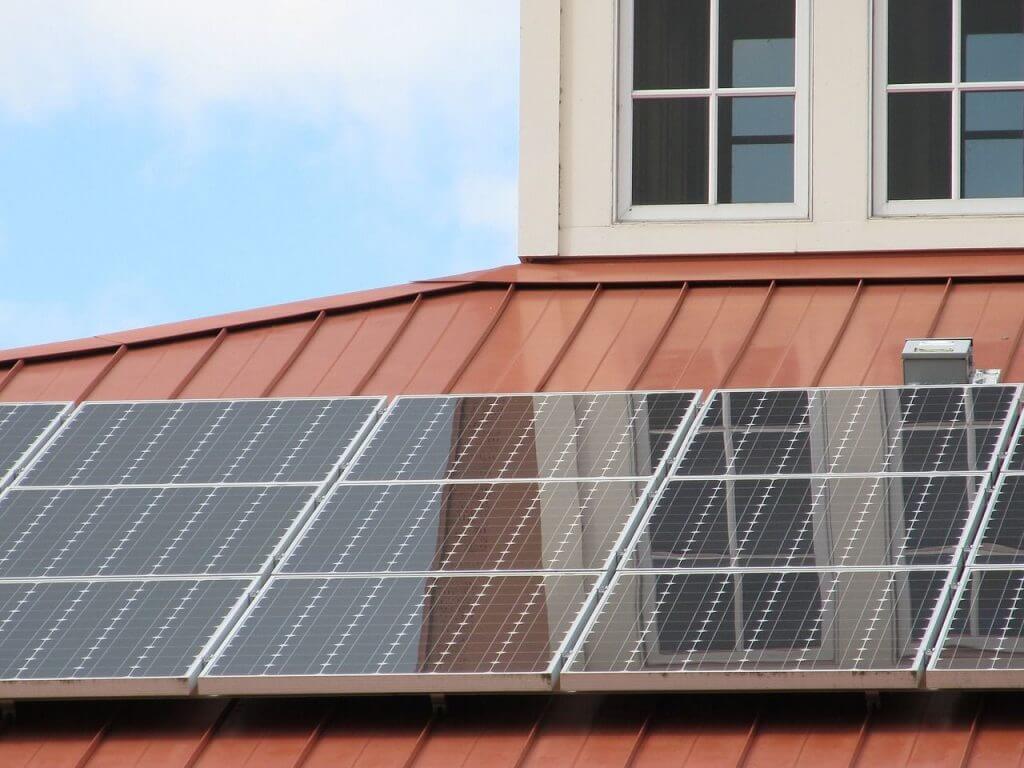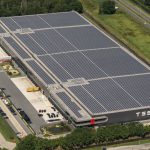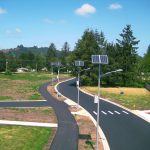
Didn't Think Solar Energy Would Be a Hit in Wisconsin?
For more information on how solar can change your life, sign up below.
New data shows that 2016 brought Wisconsin a flurry of activity in the solar industry, with investments by Dairyland Power Cooperative, and Target Stores Inc. bolstering new developments. The most recent projects started will be capable of powering 5,000 homes.
Dairyland Power Cooperative’s multi-site project is a series of solar fields that spreads across western Wisconsin. Dairyland put out a request for proposals in 2015 for up to 25 megawatts of solar but received a strong and competitive response. The power cooperative made a decision to move forward with 12 projects scattered throughout Wisconsin built on the sites of local member electric cooperatives. In turn, these local coops were given the chance to push forward with their own community solar projects alongside the bigger ones.
The power cooperative ultimately decided to move forward with 12 projects scattered around Wisconsin at the site of its local member electric cooperatives. And then the local coops were given the chance to build their own community solar projects alongside the big one. A total of nine cooperatives ended up building their own solar projects. While these smaller projects totaled 2 megawatts, Dairyland made a move to add 19 megawatts to their various projects.
The national statistics for solar power installation in 2016 are not available yet, however- industry forecasters expect that the number of installations doubled from 2015. According to Tom Werner, chief executive of SunPower, this growth is linked to the fact that the price of solar panels has dropped 80% in five years.
Adam Browning executive director of an advocacy organization called Vote Solar says, “You’re seeing Dairyland sign contracts that are really quite competitive, and that’s something that the state’s investor-owned utilities would do well to copy.”
Many of Wisconsin’s utility companies have stalled in making investments in renewable energy since the state has an ample power supply. In addition, theses companies have already complied with the state’s renewable energy target.
The Legislature set a goal more than ten years ago to get more than 10% of its electricity from renewable energy, and utility companies made changes well in advance. Since Gov. Scott Walker and the Republican Legislature took control in 2011, there’s been discussion over relaxing the standard but providing a push to expand the state’s renewable energy target.
The research group Solar Power Rocks gave Wisconsin a “C” grade and ranked the state 20th in the country after evaluating other states for their use of solar energy.
“Wisconsin does have a long way to go. We’d like to see much better statewide rooftop solar opportunities,” says a representative from Solar Power Rocks.
Challenges ahead include dealing with the increasing fixed charges on customers’ monthly utility bills. Wisconsin has made a transition to fixed charges which is a trend not many other states are following. A recent increase in these fixed charges went into effect for customers of Wisconsin Power & Light, an Alliant Energy Corp. utility in Madison, Wisconsin.
In a recent energy summit in Madison, leaders in the rise of solar energy spoke of proceeding with a variety of new projects. These included building up group-buy programs that help boost residential installations and promoting a crowd-funded solar project called ‘getting honored’. The project aims to add solar energy to a Co-op Grocery & Café in Riverwest, Wisconsin.
If you are wanting to slash your bills by at least 50 percent, give Solar 360 a call. We’ll answer all of your questions and get you started down the road to solar power freedom.









